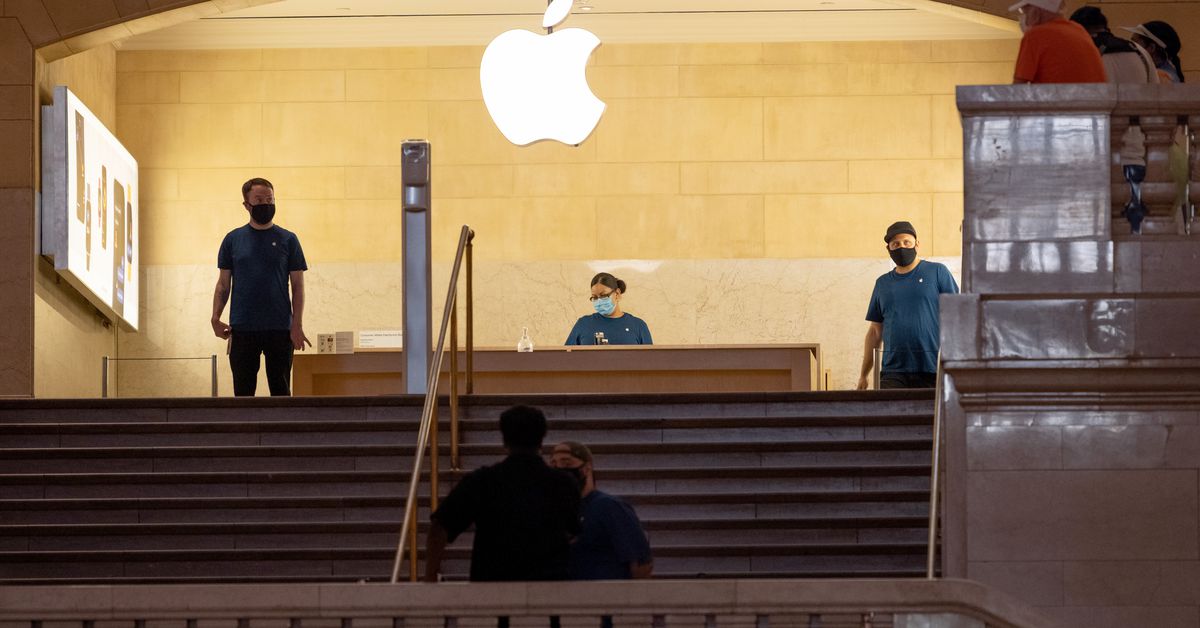
By Shubhangi Shah
When in 2010, Greek-Canadian businessman and Blackberry founder Mike Lazaridis coined the term super apps, who knew that the east would dominate this space and not the west. From China’s WeChat to Vietnam’s fintech firm MoMo to India’s very own Paytm, it might just be a tad exaggeration to call the eastern hemisphere the land of the super apps. Joining this exclusive list is Tata Neu, an all-in-one app developed by salt-to-software conglomerate, the Tata Group. If you want to book an Air Asia, Air India or a Vistara flight ticket, just go to TataNeu. If you want to buy groceries, head for the same app and order on BigBasket (in which the Tatas bought 64% stakes last year). Wishing to shop online? Just go to the same app and shop on Tata Cliq. Whether it’s hotel booking (at Taj hotels), paying for Tata Play TV services, or online food delivery (on Qmin, which Tata’s launched during the pandemic), Tata Neu is the one-stop-shop for myriad services offered by the multinational conglomerate.
Reading this, you might get an idea of what a super app is. It’s the online version of a mall, which sells several products under the same roof. Hence, instead of going to multiple shops (or apps), you now just need to go to a super app. If you think that Tatas are the frontrunners in India’s super apps space, you are up for pleasant surprises. Reliance’s ‘MyJio’ app offers services from mobile recharge and payments to online groceries (from JioMart), music (JioSaavn), online games, movies (JioCinema) and news from media companies in which Reliance has stakes. While Tata and Mukesh Ambani’s Reliance offer services owned by them on their super apps, that’s not the only model. For example, on Paytm, which started as an online payment service, you can buy movie tickets and book bus, train and flight tickets. Unlike TataNeu, where you can book flights of airliners owned by the company, Paytm offers you to book flights across airliners.
Apart from these private players, India’s largest public lender, the State Bank of India (SBI), offers multiple services on its YONO (You Only Need One) (super) app. Other than online transactions, you can seek insurance services, shop online from e-commerce platforms like Myntra and Ajio or individual brands like Biba and Allen Solly, book flight and train tickets, and seek pharmacy services.
Although India’s super app ecosystem is still nascent, China and south-east Asia remain the frontrunners. China’s messaging app WeChat, which boasts of over a billion global users, is believed to be the first to evolve into a super app. Presently, it offers services such as ride-hailing, payment services, online shopping and food delivery. Joining WeChat in the super-apps world were Grab and Gojek, platforms from south-east Asia. Both started as ride-hailing services, which expanded to include other services such as food and groceries delivery, online booking of movie tickets, etc. Another app from the region catching up with these two is Vietnam’s MoMo. Having started as an online payment service, it has evolved to include online shopping, gaming, movie tickets, online payment of bills, and even raising funds.
Neighbouring Bangladesh is also catching up. Although not termed a super-app, Gojek backed ‘Pathao’, which started as a ride-hailing platform, now offers services such as the delivery of food and other items, ranging from documents to gifts. Another company, Shoboz (meaning ‘easy’ in Bengali), initially offered online booking of bus tickets and has expanded to include other services. Moving west is Dubai’s Careem, which started as a ride-hailing platform, but now offers services such as online payment and shipping.
The sheer number of eastern super apps doesn’t mean that the west is blotted out from this list. Russia’s Yandex Go is a one-stop shop for food delivery, ride-hailing, etc. Latin America’s Rappi, which started in 2015 in Colombia, is another such platform.
If you look closely, all these platforms have one thing in common; they started as providers of a specific service but expanded to include others in their fold. Presently, too, they have a core product, be it Paytm’s online payment, WeChat’s messaging, or Grab and Gojek’s ride-hailing. On the other hand, Tatas dominate multiple sectors.
Super apps appear to benefit the customers. It gives you a single space to avail services across sectors. Also, smartphones have limited storage and memory. A single super-app against multiple apps solves that problem too. On the face of it, there don’t seem to be any drawbacks. However, upon scratching the surface, a slightly different picture develops. Conglomerates like Tata and Reliance already dominate several sectors. Integrating everything on a single platform provides them with more guns to monopolise. Then there is the threat to the right to privacy. Several super apps have brought in third party service providers, raising concerns over users’ privacy. How these concerns will be addressed is for the time and tech players to tell.


/cdn.vox-cdn.com/uploads/chorus_asset/file/25547838/YAKZA_3840_2160_A_Elogo.jpg)

/cdn.vox-cdn.com/uploads/chorus_asset/file/25547226/1242875577.jpg)
/cdn.vox-cdn.com/uploads/chorus_asset/file/25546751/ES601_WEBR_GalleryImages_KitchenCounterLineUp_2048x2048.jpg)
